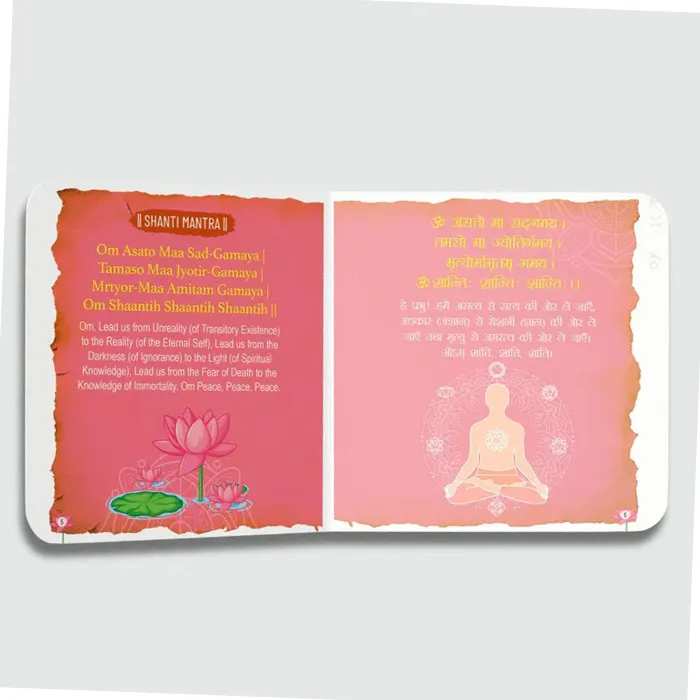Health is our natural state; we are naturally healthy. Disease is unnatural, occurring when the body’s inner balance is disturbed. It is up to us to keep ourselves healthy; doctors intervene only when we are unwell.
Physical health is linked to our state of mind and conduct. Science now tells us that if we are happy, honest and charitable by nature, we are more likely to be hale and hearty. A study involving heart patients found that their medical issue was preceded by a period of stress caused by any of a number of factors, including financial troubles, problems in relationships, or some grief in their family. The resulting mental turbulence—and the biochemical processes it triggered in the body—manifested in the form of coronary artery disease.
Our lifestyle has a major impact on the body. The old adage that early to bed and early to rise makes one healthy, wealthy and wise has been validated by medical science. Stress hormones are secreted more in the morning hours. If we get up early, remain focused, and practise meditation at that time, these secretions are controlled and we empower ourselves internally for the whole day.
Research has also revealed the value of mental discipline. Having a wandering or distracted mind that dwells on the past or daydreams has been found to activate the same parts of the brain that are activated by Alzheimer’s disease. In other words, it leads to early senility.
Physical health begins with the mind. If the mind is aware, calm and strong, the body also remains relatively fit.
Perhaps the biggest challenge in having a healthy mind is stress. How do we deal with it? We can change our perspective on life. We have all experienced how situations that used to be stressful for us at a young age appear to be trifles later on in life. Why? Because we are wiser and emotionally stronger.
Instead of worrying about problems, we need to learn the lessons they offer and move on. It also helps to remember that we are playing a role in the drama of life. The role is not our identity. My real self is the soul, a being of purity and peace. This awareness allows us to remain detached from difficult situations, in control of ourselves and observing everything neutrally, which enables us to make the right decisions.
In addition, when we use techniques such as meditation to increase our inner resilience—including tolerance and courage—and develop our understanding of why things and people are the way they are, situations no longer upset us as before.
If we also create a good environment around us, it contributes to our well-being. The lighter and more positive the subtle environment of our thoughts and feelings is, the better.
Our relationship with the physical environment too is reciprocal. If we care for the environment and use resources economically, that fact itself brings a quiet satisfaction. Nature lovers feel uplifted and energised by the mere sight of a tree or a flower. This is the immediate reward for their love for the environment, and this contributes to their health.
Similarly, our attitude and behaviour impact our well-being. Politeness, compassion and generosity have all been found to have a beneficial effect on physical and mental health.
Ultimately, health is a precious resource. If we mind our thoughts and feelings and keep ourselves healthy, we can be more productive, creative, and of service to others.
Dr Pratap Midha is Medical Director of the Global Hospital and Research Centre in Mount Abu, Rajasthan.













